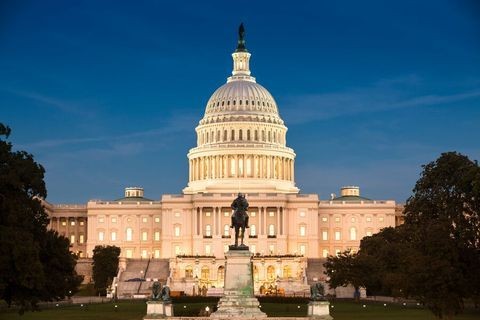David H. Favre, III
Overview
David’s practice focuses on government contracts and white collar matters, including internal investigations and defense of government investigations. He draws on his prior service in the U.S. Marine Corps and at the U.S. Court of Federal Claims to counsel government contractors on a range of issues.
Career & Education
- U.S. Court of Federal Claims
Law Clerk, Honorable Richard A. Hertling, 2020–2022 - Department of Defense
Combat Engineer, 6thEngineer Support Battalion, U.S. Marine Corps, 2010–2015
- U.S. Court of Federal Claims
- Georgetown University Law Center, J.D., cum laude, 2020
American Criminal Law Review: editor, Annual Survey of White Collar Crime - Southern Illinois University Edwardsville, B.A., summa cum laude, philosophy, 2016
- Georgetown University Law Center, J.D., cum laude, 2020
- District of Columbia
- U.S. Court of Federal Claims
David's Insights
Client Alert | 4 min read | 02.18.26
Federal Court Rules Some AI Chats Are Not Protected by Legal Privilege: What It Means For You
AI tools have significantly transformed how companies operate, but they come with serious legal risks that are only now taking shape. A recent ruling by a federal judge in the U.S. District Court for the Southern District of New York highlights one such risk: certain inputs and outputs from commercial AI models may not be considered privileged attorney-client communications or protected by the work-product doctrine.
Publication | 02.06.26
Firm News | 9 min read | 01.09.26
Crowell & Moring Elects 15 New Partners, Promotes One to Senior Counsel and 26 to Counsel
Insights
- |
08.01.25
Crowell & Moring’s Government Contracts Legal Forum
Crowell’s Crisis Handbook: A Desktop Investigations Guide
|05.20.25
Crowell & Moring’s Transportation Law: Moving Forward
David's Insights
Client Alert | 4 min read | 02.18.26
Federal Court Rules Some AI Chats Are Not Protected by Legal Privilege: What It Means For You
AI tools have significantly transformed how companies operate, but they come with serious legal risks that are only now taking shape. A recent ruling by a federal judge in the U.S. District Court for the Southern District of New York highlights one such risk: certain inputs and outputs from commercial AI models may not be considered privileged attorney-client communications or protected by the work-product doctrine.
Publication | 02.06.26
Firm News | 9 min read | 01.09.26
Crowell & Moring Elects 15 New Partners, Promotes One to Senior Counsel and 26 to Counsel






